#include
int main(void)
{
char str[100]="88888888888888";
char t[20]="";
gets(t);
puts(str);
puts(t);
return 0;
}
The first line
555555555555555555555555555555555
is put in.
Why str is 55555555555? Why str isn't 88888888888888888 or 55555555555588888?